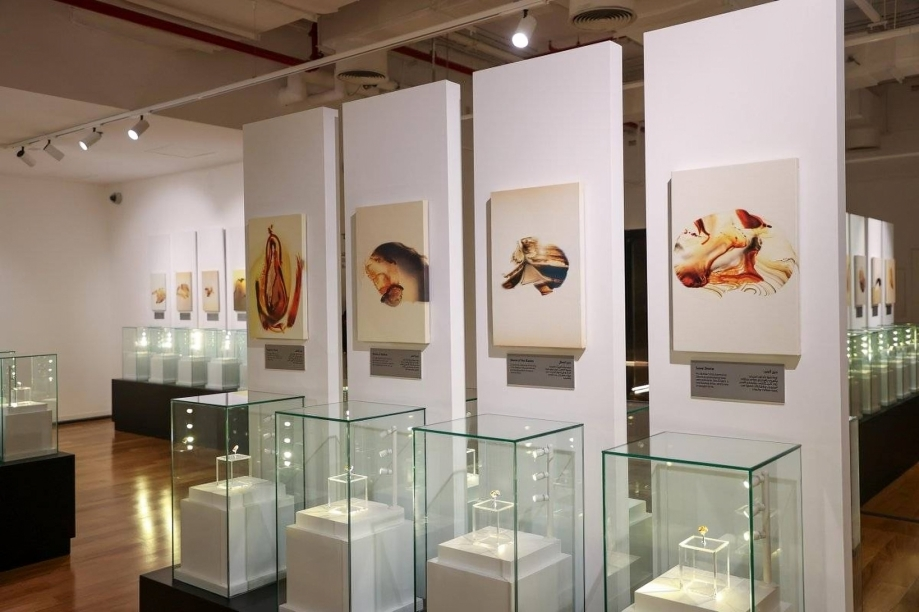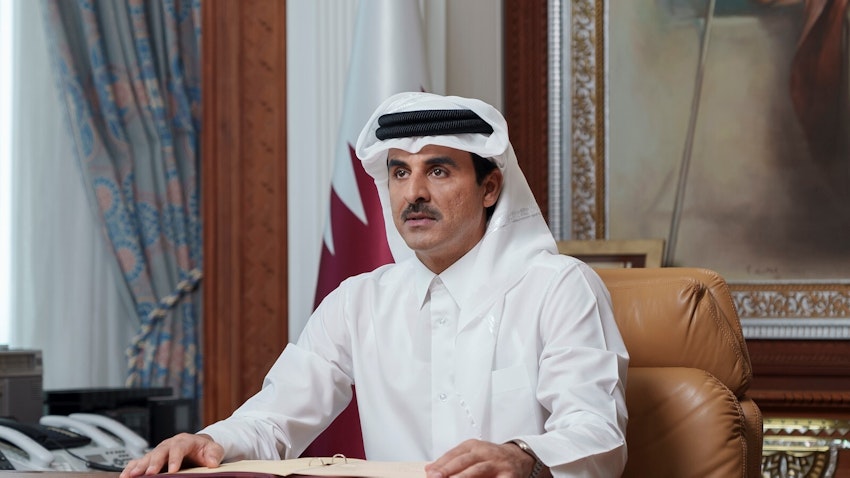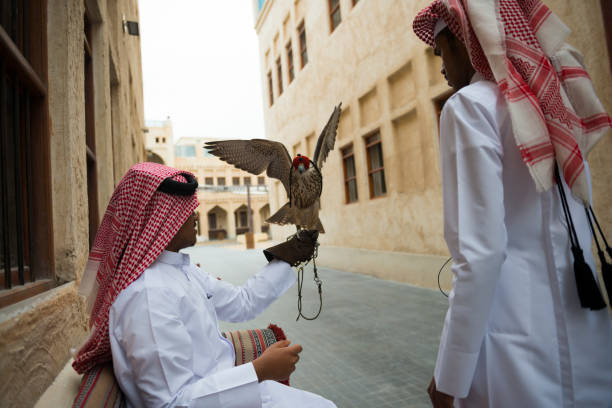Qatar has implemented a free trade strategy and undergone numerous structural changes to strengthen the principle of trade openness.
Doha has drawn more than $3 billion in foreign investments in its capital market so far this year, overall surpassing the $1.8 billion in total investments for the entirety of 2021, according to the Minister of Commerce and Industry Sheikh Mohamed bin Hamad bin Qassim Al-Thani.
Speaking at Bloomberg’s second edition of the Qatar Economic Forum, the minister stated that the ongoing global conflicts had transformed Qatar’s view of the world and the placement of its foreign assets.
He also expressed hope that investments in the Middle East’s energy and other sectors will rise.
Qatar has implemented a free trade strategy and undergone numerous structural changes to strengthen the principle of trade openness.
He noted the growing significance of the international trade as an engine of prosperity, noting that it now accounts for around 55% of the global gross domestic product (GDP) compared to just 5% 70 years ago.
According to the study produced by FDI Intelligence, a service of the Financial Times, the Gulf nation represented more than 6% of all inbound FDI projects in the Middle East and Africa region.
According to the survey, Eat Just’s ambitions to build a new $200 million commercial facility in Qatar was among the ventures that required the most money in 2021. With future capacity additions, it will also be able to manufacture the company’s ‘Just Egg’ egg substitute in addition to cell-based meat.
Ferit Sahenk, chairman and CEO of Dogus Group, said he predicts that the world economy would see a reversal and maybe experience a downturn.
He also emphasised the need for flexibility in the global system, the International Monetary Fund, and the United Nations as well as the significance of an inclusive, cooperative, and a collaborative action plan to address the economic issues and difficulties facing the world.
In order to lessen dependence on the concentration of various risks and the variety of options available, PwC’s global chairman Bob Moritz claimed that the world is currently undergoing a supply chain reconfiguration in comparison to how things were five years ago.
Other than the products themselves, the supply chain also includes services and human capital. He made note of the connection between food and energy security, noting that this connection posed a problem for the world’s nations.







